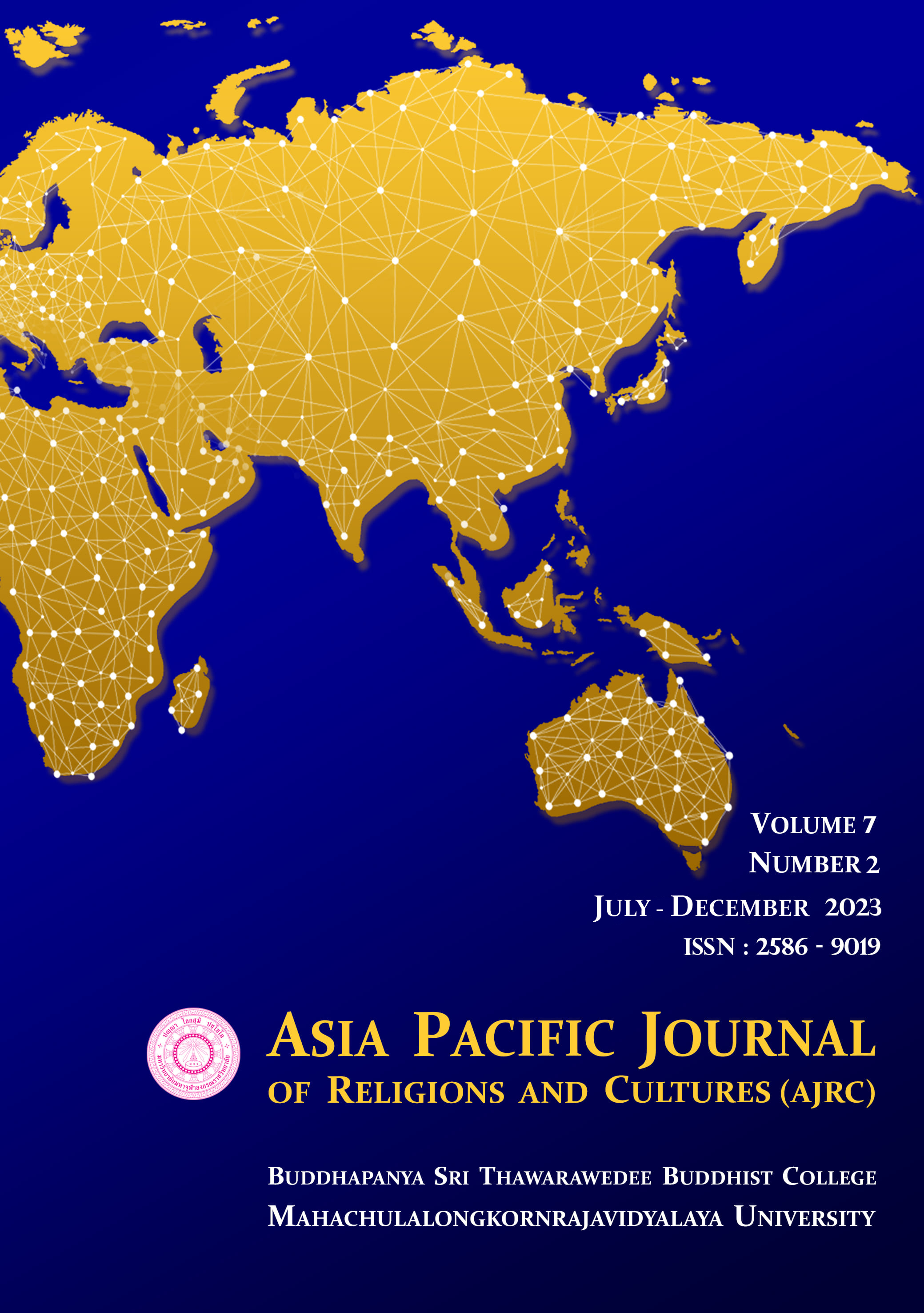THE IMPACT OF INTERIOR DESIGN ELDERLY CARE FUNCTIONAL SUPPORT IN OLD HOMES FOR THE ELDERLY’S QUALITY OF LIFE
Main Article Content
Abstract
The purpose of this study is to explore the decision of elderly care function planning in the interior design of Old People’s Home and examine the support framework of interior design to improve the quality of life of the elderly and try to positively affect the quality of life of the elderly. In this study, based on the comprehensive interior design support theory for elderly care functions, combined with previous studies on the relationship between living environment or elderly care service supply and the quality of life of the elderly, this study conducted a questionnaire survey on 461 elderly people in Taiyuan City, Shanxi Province, China by using qualitative analysis. SPSS was used to analyze the data obtained from the questionnaire statistically. The functional factors of interior design for the elderly that had a significant impact on the quality of life of the elderly were identified. The hypothesis and impact model was verified by structural modeling (SEM).
The results of the study show that the supporting factors of elderly care functions in interior design have a positive impact on the quality of life of the elderly. In addition, the educational background and family status of the elderly play a moderating role. This paper discusses the enlightenment of these research results to the research on the optimization of elderly care functions in the interior design of elderly care institutions and the practice of interior design.
Article Details

This work is licensed under a Creative Commons Attribution-NonCommercial-NoDerivatives 4.0 International License.
References
Carp, F.M., A. Carp, A. (1984). A complementary/congruence model of well-being or mental health for the community elderly. Elderly people and the environment, 1984(7), 279-336.
Chen K. (2020). Research on the demand for elderly care services in institutions for the elderly and the current situation of service supply in elderly care institutions-Taking the urban area of Jinan as an example (Doctoral dissertation). Shandong University, Jinan City.
He L. (2022). Research on the influence of intergenerational relationship on the subjective well-being of the elderly (Master dissertation). University of Chinese Academy of Social Sciences, Beijing.
Lawton, M.P., L. Nahemow, L. (1973). Ecology and the aging process, in the psychology of adult development and aging. Washington, DC, US: American Psychological Association, 619-674.
Lawton, M.P., Windley P.G., Byerts T.O. (1982). Aging and the environment: theoretical approaches. New York: Springer.
Ning Y.M., Xiang D., Wei L. (2002). A Study on the Human Settlement Environment of Small Towns-Taking Three Small Towns in the Suburbs of Shanghai as Examples. Urban Planning, 2002(10).
Organization W. H. (1996). WHOQOL-BREF: Introduction, administration, scoring and generic version of the assessment (field trial version).
Wang X. J. (2018). Research on the supply of elderly care services (Doctoral dissertation). Central Party School of the Communist Party of China, Beijing.
World Health Organization. (2002). Active ageing: A policy framework. World Health Organization. Noncommunicable Disease Prevention and Health Promotion Department.
Wang Y., Wu Z. D., Chen G. (2022). Study on the predictive effect of education level on the university participation rate of the elderly (Master dissertation). Aging Science Research, 10(10): 1-15.
Zhang Q.M., Zheng S.Y. (1991). Collection of Interior Design Materials. Beijing: China Architecture and Building Press.
Zhang X. H. (2021). The impact of education level on the health of the elderly in China-Evidence based on CHARLS data. Shandong University, Jinan.


